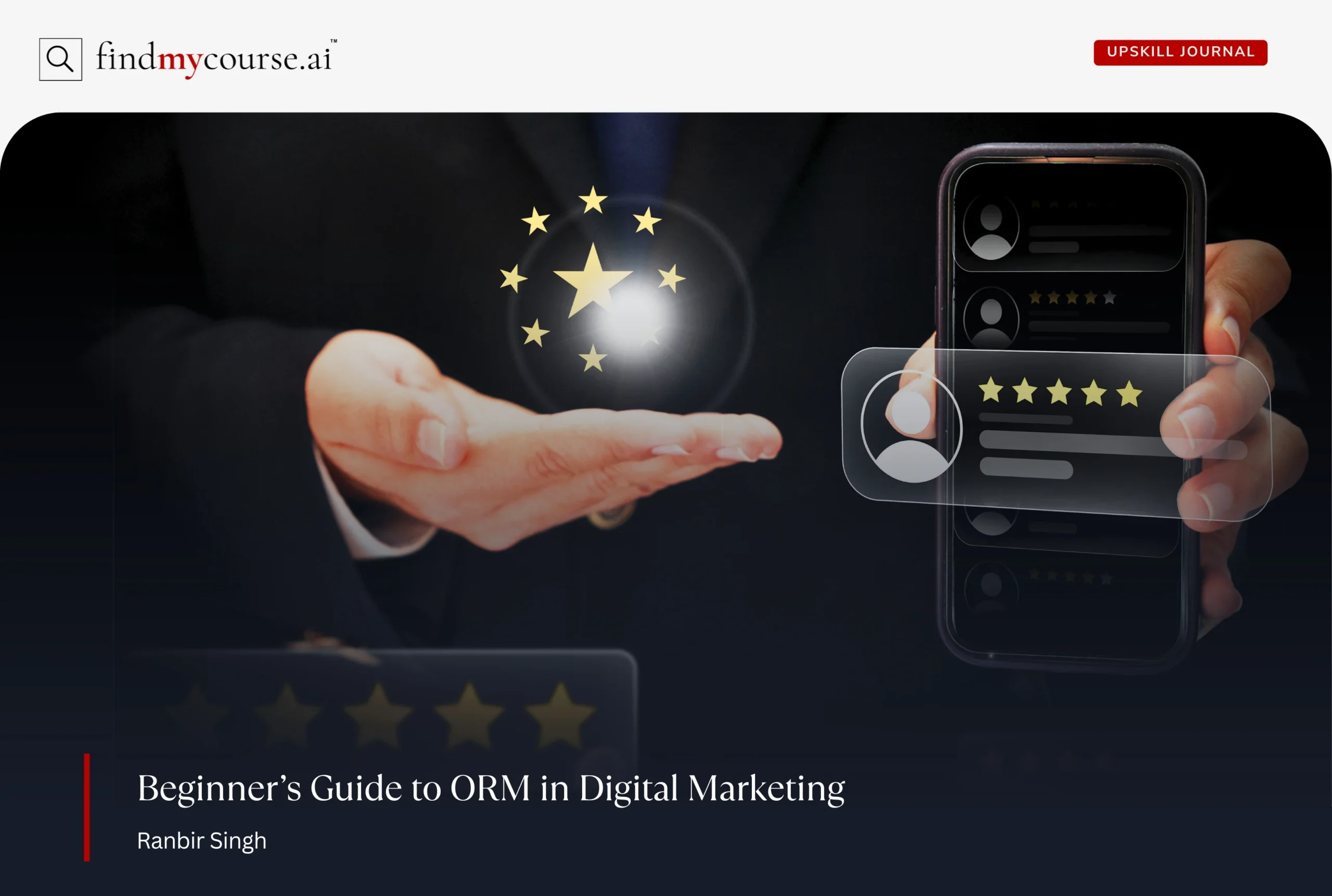In 2026, leadership is no longer defined solely by technical expertise or cognitive intelligence. Organizations increasingly recognize that emotional intelligence in leadership is a critical differentiator for success. Leaders who master emotional intelligence can inspire teams, navigate complex interpersonal dynamics, and create resilient, high-performing workplaces. In this blog, we’ll explore what emotional intelligence is, its profound impact on leadership, and practical strategies for professionals to enhance their skills and advance their careers.
What Is Emotional Intelligence?
Understanding emotional intelligence begins with a clear definition. Emotional intelligence (EI) refers to the ability to recognize, understand, and manage your own emotions while being attuned to the emotions of others. The definition of emotional intelligence is often broken down into five essential components:
- Self-awareness: Recognizing your own emotions and understanding how they influence your behavior.
- Self-regulation: Managing disruptive emotions and responding thoughtfully rather than impulsively.
- Motivation: Staying driven to achieve goals for personal satisfaction and organizational impact.
- Empathy: Understanding and considering other people’s emotional perspectives.
- Social skills: Building and maintaining healthy, productive relationships.
These components form the foundation for emotional intelligence in leadership. When leaders demonstrate EI, they create an environment where employees feel seen, heard, and supported, which is essential for engagement and productivity. Moreover, emotional intelligence in the workplace fosters collaboration, reduces conflicts, and drives innovation.
The Role of Emotional Intelligence in Leadership
Emotional intelligence plays a pivotal role in defining modern leadership. Leaders with high EI are not just managers—they are empathetic visionaries who inspire, guide, and influence their teams in meaningful ways. Here’s how EI transforms leadership at every level:
Building Trust and Strengthening Influence
Trust is the foundation of effective leadership, and emotional intelligence is key to cultivating it. Leaders who demonstrate self-awareness, empathy, and consistency signal to their teams that they are reliable and understanding. This emotional attunement encourages team members to share ideas openly, voice concerns without fear, and collaborate more effectively. Consequently, leaders who leverage EI create an environment where employees feel valued, motivated, and committed, directly boosting team cohesion, loyalty, and long-term performance.
Enhancing Leadership Communication
Communication is more than just exchanging information—it’s about connection, clarity, and influence. Emotional intelligence in leadership allows leaders to read emotional cues, adjust their messaging, and respond thoughtfully to diverse personalities. In addition, EI enables leaders to navigate sensitive conversations, provide constructive feedback, and resolve conflicts with tact. By communicating with emotional awareness, leaders foster transparency and inclusivity, ensuring that every team member feels heard and understood.
Leading Through Change with Emotional Agility
Change is inevitable, but the role of emotional intelligence in leadership becomes especially apparent during times of transition. Leaders with high EI can anticipate team members’ emotional responses, address uncertainties proactively, and guide the team through challenges with resilience. By balancing empathy with decisiveness, emotionally intelligent leaders reduce resistance, maintain morale, and drive successful outcomes even in complex or high-pressure situations.
Decision-Making and Strategic Impact
Emotional intelligence also enhances leadership decision-making. Leaders who recognize and manage their emotions can approach challenges calmly, think critically under pressure, and consider the human impact of their choices. Furthermore, by understanding the emotions of others, leaders can anticipate team reactions, predict potential obstacles, and make more informed, inclusive decisions that align with both organizational goals and employee well-being.
In essence, emotional intelligence in leadership is not an optional skill—it is a transformative capability that shapes how leaders inspire, communicate, and drive success in today’s dynamic workplaces.
Emotional Intelligence in the Workplace
Emotional intelligence in the workplace is more than a personal skill—it’s a strategic advantage. It impacts every interaction, decision, and organizational outcome.
- Conflict Resolution: Leaders with EI can mediate disputes by recognizing underlying emotional triggers and facilitating constructive conversations.
- Team Collaboration: By valuing emotional perspectives, leaders foster a cooperative, creative, and motivated team culture.
- Employee Well-being: EI enables leaders to identify stressors or disengagement in their teams and respond effectively, ensuring overall mental and emotional health.
- Organizational Culture: Leaders who consistently demonstrate empathy and self-awareness contribute to a culture of respect, inclusivity, and psychological safety.
The evidence is clear: organizations led by emotionally intelligent leaders consistently outperform those led by less emotionally aware counterparts. According to TalentSmart, leaders with high emotional intelligence significantly improve employee engagement, reduce turnover, and boost overall productivity, demonstrating that EI is not just a “soft skill” but a measurable business asset.
How to Improve Emotional Intelligence
Developing emotional intelligence is a continuous journey that enhances leadership effectiveness. Here are five practical ways to strengthen your EI:
- Self-Reflection: Regularly assess your emotions and reactions. Notice what triggers certain behaviors and how they impact others. Journaling can reveal patterns and boost self-awareness.
- Seek Feedback: Ask mentors, peers, or team members for honest insights about how your emotions affect interactions. Listening openly uncovers blind spots and guides growth.
- Practice Mindfulness: Techniques like meditation, deep breathing, or short reflection breaks help regulate emotions, allowing you to respond thoughtfully rather than react impulsively.
- Empathy Exercises: Actively listen and consider others’ perspectives. Understanding feelings and viewpoints strengthens relationships and builds trust within your team.
- Continuous Learning: Engage in leadership programs, workshops, or online courses focused on emotional intelligence. For example, UC Berkeley’s Empathy and Emotional Intelligence at Work on edX teaches practical strategies to boost empathy, collaboration, and decision-making. Applying practical scenarios improves decision-making and emotional awareness.
By consistently applying these strategies, leaders enhance self-awareness, foster stronger connections, and guide teams more effectively. Improving EI isn’t a one-time task—it’s a lifelong practice that drives personal growth, team engagement, and organizational success.
Emotional Intelligence and Leadership in the Future
As we move further into 2026, the role of emotional intelligence in leadership will only deepen. Automation and AI continue to transform workplaces, making interpersonal skills, empathy, and emotional awareness increasingly essential for human-led decision-making. Leaders who invest in emotional intelligence are better equipped to inspire innovation, handle crises, and lead diverse teams effectively.
Moreover, the rise of remote and hybrid work has amplified the need for emotionally intelligent leaders who can connect with teams across distances and build cohesion in virtual environments. Consequently, mastering EI is no longer optional; it is a career-defining skill that differentiates outstanding leaders from the rest.
Final Thoughts
Mastering emotional intelligence is what separates good leaders from exceptional ones. It shapes how leaders connect, motivate, and guide their teams through challenges. Beyond improving workplace dynamics, EI strengthens decision-making, fosters trust, and drives lasting impact. For professionals committed to growth, developing emotional intelligence enhances both personal effectiveness and team success, positioning leaders to inspire and lead with confidence in today’s dynamic workplace. And if you want, you can ask our AI assistant for practical tips and personalized guidance to strengthen your EI every day.



One thought on “The Role of Emotional Intelligence in Leadership”
Comments are closed.